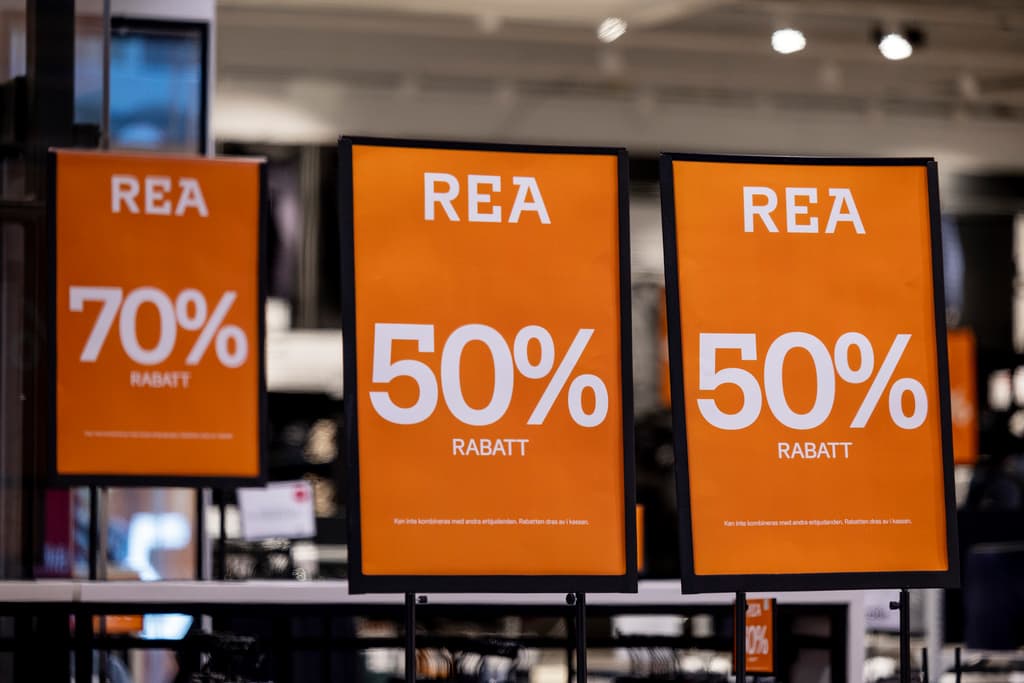Red prices and big discounts are often not what they seem. The daily goods trade and e-commerce are still not following the law that is supposed to ensure that consumers are not misled, according to the Consumer Agency's report.
In 2022, the price information law was changed so that the previous price should be stated during sales, and it should be the lowest price within the last 30 days. Companies are supposed to be prevented from raising prices before discounts so that the sale price does not seem more favorable than it is. Six out of ten reviewed e-commerce companies do not follow the law.
We are not surprised that the figures are high, as the report confirms what we have seen in various supervisory efforts during the year, says Johan Ohlsson, unit manager at the consumer protection department.
Risks damaging trust
The problems affect almost all markets. Incorrect lowest prices were stated for 59 percent of reviewed products in e-commerce, something that persisted in a follow-up several months later.
Physical grocery stores do not show previous prices or do so in an unclear way, according to the report. Johan Ohlsson sees risks that consumers do not get the opportunity to compare prices.
You make decisions based on incorrect grounds when you're out shopping and maybe make purchases you wouldn't have made otherwise.
Marketing that highlights price advantages has a big impact – which becomes a problem if it's not true, according to Johan Ohlsson.
It risks consumers losing their sense of what a product should cost, trust in price reductions decreases, and continued violations negatively affect competition in the market and disadvantage businesses that do the right thing.
Fake prices despite authority decisions
The authority's work has led to around 90 cases where companies have been forced to remove marketing for products. But they still don't get in line and continue to break the law with other products. Johan Ohlsson dismisses the idea that the violations are due to ignorance:
This legislation should be known to everyone by now. Companies have an obligation to know what legislation applies to the marketing they conduct.
The Consumer Agency now hopes for a good dialogue with the trade organizations – which claim that the problem is not particularly common.
We will present the report to the trade organizations and it will be a discussion about their picture linked to what we have seen. It's a question that the trade organizations must answer. In the report we deliver, it's clear that there are major deficiencies.
Generally, it's a good idea as a consumer to follow the price development of the product. Then you get the price history, even if the company doesn't show the lowest price within the last 30 days.
When shopping online, it's recommended to use price comparison websites.
When shopping in physical stores, you can ask for the lowest price of the product within the last 30 days, as the consumer has the right to receive the reference price.
Source: Consumer Agency






